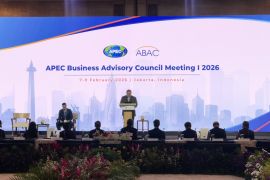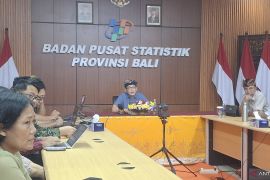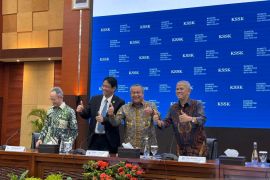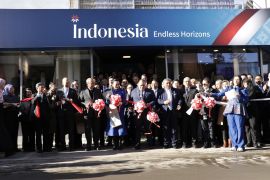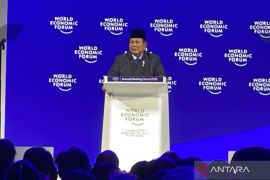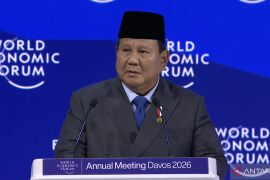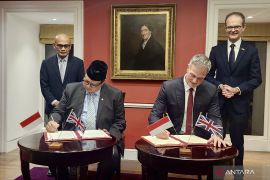The climate crisis necessitates serious attention, as it could have a negative impact on human development, economic progress, and social equityJakarta (ANTARA) - The Institute for Essential Services Reform (IESR) has assessed that Indonesia's target to lower carbon emissions is yet not in accordance with the Paris agreement.
IESR Green Economy Program Manager Lisa Wijayani stated that the Nationally Determined Contribution (NDC) and Long-term Strategy on Low Carbon and Climate Resilience (LTS-LCCR) 2050 documents recently released by the government tended to focus on economic recovery instead of climate recovery.
"To become a developed country, Indonesia must be able to record rapid economic growth and be supported by very strong climate resilience," Wijayani noted in a statement here on Friday.
The government will present the NDC document and LTS-LCCR 2050 document at the COP26 meeting in Glasgow, Scotland, from October 31 to November 12, 2021.
The Ministry of Environment and Forestry (KLHK) noted that the two documents were prepared based on the COVID-19-triggered economic slump that had prompted the government to channel greater attention on economic recovery efforts in order to achieve Indonesia's Vision 2045 to become a developed country.
"The climate crisis necessitates serious attention, as it could have a negative impact on human development, economic progress, and social equity,” Wijayani stated.
The IESR stated that the LTS-LCCR 2050 document still places coal as a source of electricity.
This is apparent from the large number of steam power plants (PLTU) as well as the use of carbon capture and storage technology (CCS/CCUS) to reduce emissions.
The technology is still considered to be expensive, with a capital expenditure of more than US$4,200 per kilowatt. Moreover, technical and economic factors determine the feasibility of the technology as compared to the use of renewable energy plants.
In addition, the use of CCS/CCUS technology in PLTU will in fact increase investment costs in PLTU by 74 percent, thereby leading to a rise in the cost of constructing power plants.
The IESR study titled "Deep Decarbonization of Indonesia's Energy System: A Pathway to Zero Emissions" found that Indonesia still could achieve zero emissions in its electricity system by 2045 and its energy system by 2050 by utilizing 100-percent renewable energy.
Related news: Indonesia must devise its own carbon tax law: tax observer
Related news: Fossil energy increases CO2 and greenhouse gas emissions: UI professor
Related news: Minister outlines strategies for meeting carbon neutral target by 2060
Translator: Sugiharto Purnama, Katriana
Editor: Sri Haryati
Copyright © ANTARA 2021


